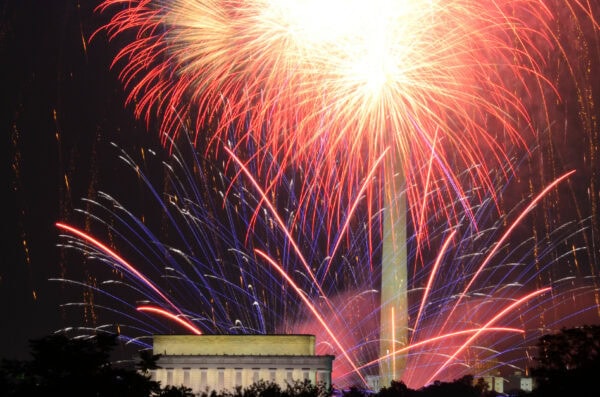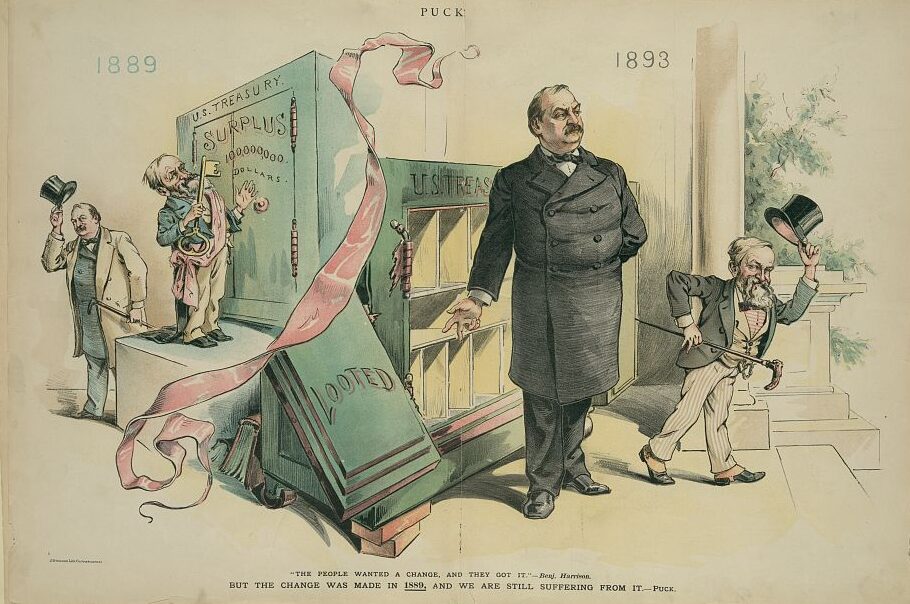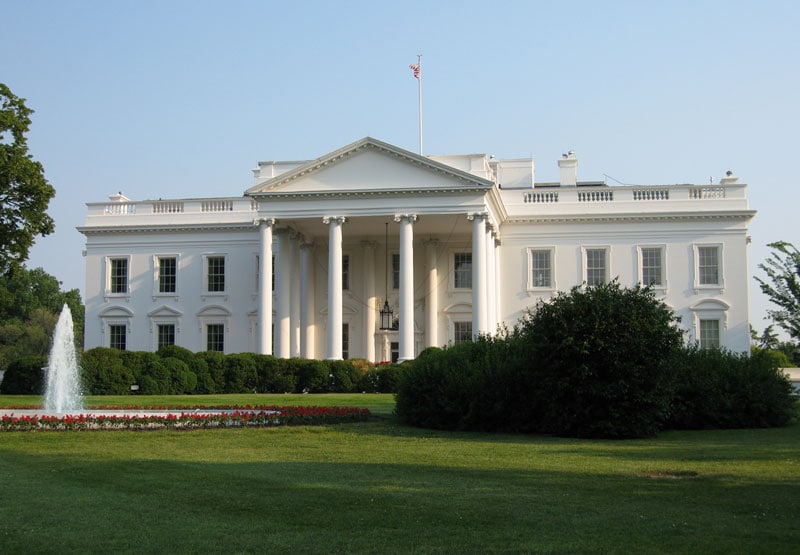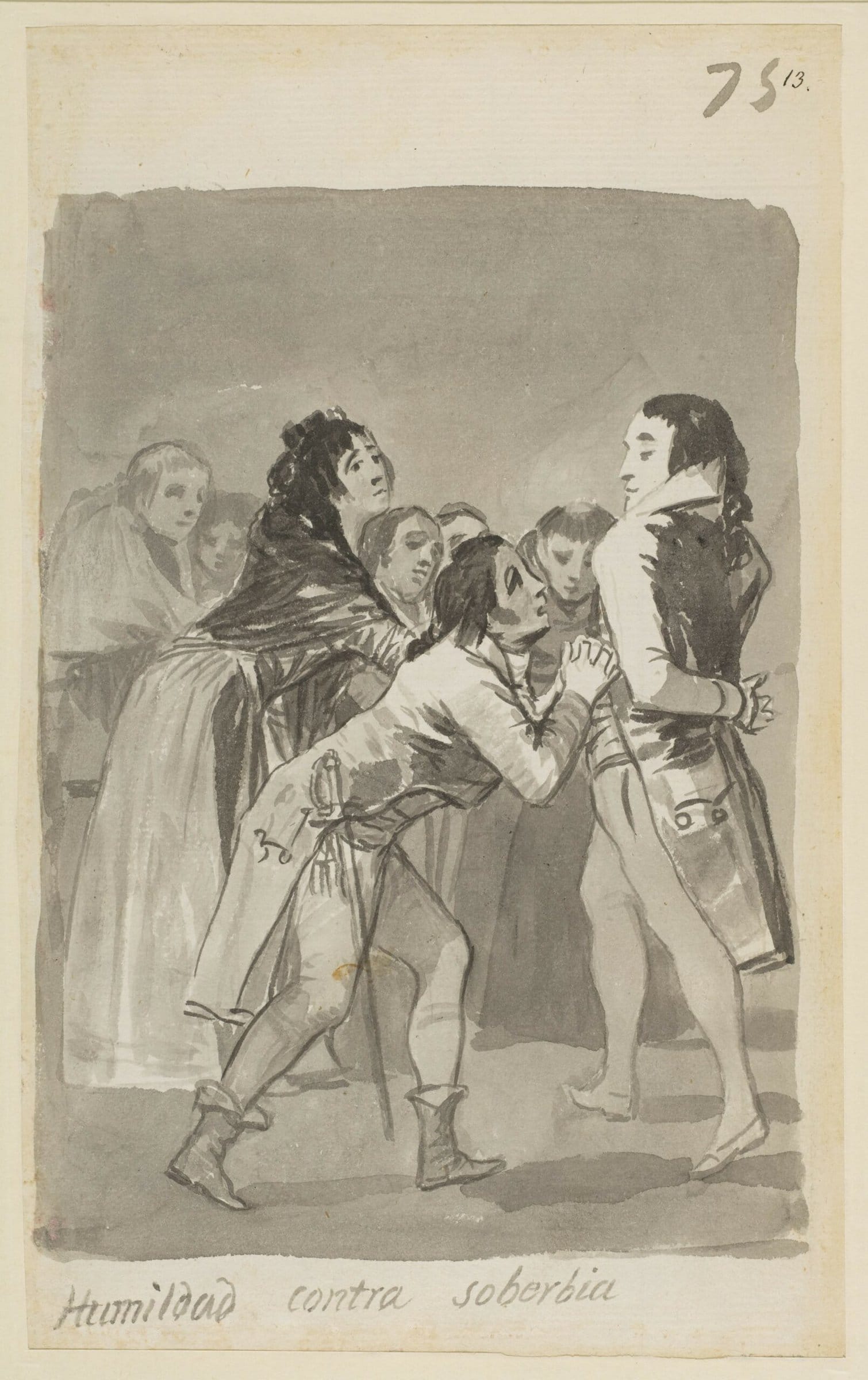I grew up marching in a traditional Fourth of July parade, replete with a reading of the Declaration of Independence, student bands, flags small and large, boring speeches, rapidly melting ice cream, and hot dogs. We trekked from an elementary school to the firehouse. I’ve remained a fan of the fireworks displays, joyfully enduring heat, crowds, and mosquitoes on both coasts as well as opposite shores of Lake Michigan. Last night’s display here in Washington was a good show indeed, and I applaud the artistry of the fireworks producers.

The musical program accompanying the fireworks at the Fourth of July celebrations in DC this year felt more jingoist than patriotic. Will Marlow/Flickr/CC BY-NC-SA 2.0
I was struck, however, by the accompanying musical program. I’m accustomed to the patriotism, and I have reflected on the virtues of patriotism and the civic utility of debates about it: what it means and how it can be practiced. July 4 is indeed an appropriate occasion for more Sousa than usual, accompanied by flags, historical iconography, and military uniforms. But the tone and imagery this year seemed more jingoist than patriotic. I couldn’t help wondering whether Washington, DC, had celebrated previous national birthdays with greater attention to the spirit and energy of the nation’s people and somewhat less to the strength of its military.
And what to make of the performer clad in pure white, standing on a disk isolated in the middle of the Capitol Reflecting Pool, singing “America the Beautiful”? I pondered the evident disappearance of the national ideals articulated in verse on a statue in New York Harbor, itself the site of often impressive fireworks shows. What seemed missing was a sense of the diversity of patriotic perspectives, the different ways in which Americans have expressed love of country.
In this spirit, and on the anniversary of Frederick Douglass’s “Oration, Delivered in Corinthian Hall, Rochester, July 5, 1852,” we offer one speech and one song to round out the celebration.
Frederick Douglass, “Oration, Delivered in Corinthian Hall, Rochester, July 5, 1852”
Woodrow Wilson Guthrie, “This Land Is Your Land” (1940, recorded 1944)
This work is licensed under a Creative Commons Attribution-NonCommercial-NoDerivatives 4.0 International License. Attribution must provide author name, article title, Perspectives on History, date of publication, and a link to this page. This license applies only to the article, not to text or images used here by permission.



